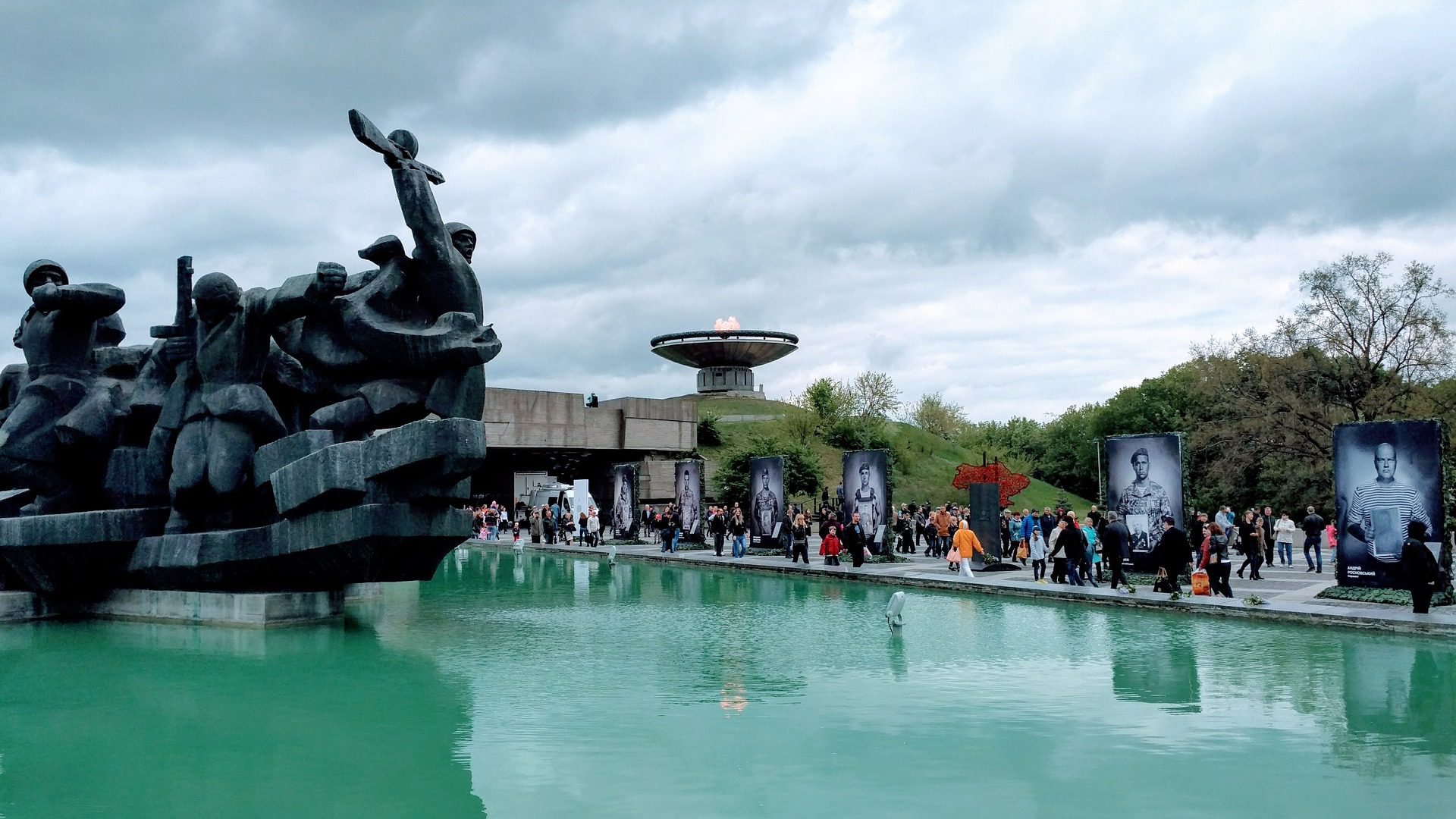
The brouhaha over the opening ceremony of the Olympic Games in Paris has struck many Francophiles as a case of much ado about nothing, considering French culture’s long history of quirky irreverence and gaudy melodrama. Defenders of a particularly controversial tableau have offered all kinds of explanations, with the Paris Olympics 2024 spokesperson denying any intention to show disrespect to any religious group and apologizing for any offense taken.
But people who have closely followed developments in Western culture, academia, society and politics over the past decade have had no difficulty reading (the subliminal message) between the lines or, in this particular event, between the segments. Unsurprisingly, they are not convinced that the opening ceremony was in the tradition of, say, the Grand Guignol, a Parisian theater that, between 1897 and 1962, staged plays that specialized in violence and horror.
As for Western conservatives, they have little doubt that there was much more to the ceremony than just one controversial scene that appeared to evoke Leonardo da Vinci’s “The Last Supper.” Their outrage was perhaps best encapsulated by the Italian bishops’ conference, which said that what should have been a celebration of French culture took an “unexpectedly negative turn, becoming a parade of banal errors, accompanied by trite and predictable ideologies.”
Such misgivings were scarcely put to rest by comments from supporters of the tableau, who praised what they called its message of inclusivity and tolerance, terms synonymous with the “woke” movement, the mobilization of “politically progressive” ideas about gender, race and immigration that went mainstream after a police officer killed an African American teenager, Michael Brown, in Ferguson, Missouri, in 2014.
Thomas Jolly, the artistic director of the Olympic opening ceremony, was even more direct — or disingenuous (depending on one’s point of view) — when he put it this way: “We wanted to talk about diversity. Diversity means being together. We wanted to include everyone, as simple as that.”
For all we know, Jolly merely implemented at the opening ceremony the vision that powerful European cultural and academic institutions have laid out with their adoption of policies and courses that they say promote diversity, equity and inclusion and which the French call “le wokisme.”
As recently as June, Politico’s Nicholas Vinocur reported that “in its fight against ‘le wokisme,’ France’s populist right and its intellectual allies are deploying their own, rival ideas stemming from the rather paranoid view that Western civilization is under siege by migrants and their left-wing allies.”
His article also noted that, ahead of France’s national election, the National Rally party hosted a workshop that featured “a series of right-wing intellectuals who railed against what they called an ‘imported neurosis’ that ‘aims to subvert our idea of gender’ and ‘make us feel guilty’ about France’s history as a colonial power.”
Was the Olympics opening ceremony, then, a coded message from a section of the French left to supporters of the National Rally, reminding them of who is in control after all? Whatever the truth, there is no denying the strong influence of “woke” ideology, which purports to champion social justice, inclusivity and the rectification of historical injustices, in both academic and popular culture in France and much of Europe.
In popular culture, the ideology, defined by some critics as cultural Marxism, has had a palpable impact. European media, including film, television and literature, increasingly reflect themes of social justice and representation. There is a growing presence of what proponents of the phenomenon call diverse characters and narratives that they say challenge traditional stereotypes and offer more inclusive portrayals.
Geographically speaking, the wheel of political fashion has taken more than half a century to turn full circle.
Arnab Neil Sengupta
In academia, “woke” ideology has led to major curricular and institutional changes. Like their American counterparts, many elite European universities have steadily adopted policies and courses ostensibly aimed at promoting diversity, equity and inclusion, in a reflection of the continuity of the power struggle between left-wing and conservative values during the Cold War.
For instance, there has been a marked increase in the incorporation of postcolonial studies, gender studies and critical race theory into European university curricula. These fields examine power relationships and challenge what left-wing academics call traditional Eurocentric and patriarchal narratives. Furthermore, universities have implemented affirmative action policies that they say ensure a more diverse student body and faculty and reflect a broader commitment to inclusivity.
In Britain, the University of Oxford and the University of Cambridge have been in a race of sorts to incorporate elements of this novel ideology into their academic and institutional framework. They have introduced courses on colonial history, gender studies and critical race theory as part of a policy of making their curricular offerings, policies and campus culture more “progressive.”
The Netherlands’ University of Amsterdam, Germany’s Humboldt University and Austria’s Central European University have been similarly vigorous in adding politically progressive principles into their academic offerings and campus culture, with a strong focus on gender and sexuality studies, critical race theory and social justice.
In France, Sciences Po, a leading social sciences university, has altered its academic programs and institutional policies so that it can offer courses on gender studies, postcolonial studies and social justice. The movers and shakers of the prestigious Ecole Normale Superieure are believed to favor the study of the Global South, which is regarded by French critics of the trend as a concept “imported from America.”
As Vinocur noted in his report, many French scholars say that “le wokisme” is not really American, since its origins can be traced, in part, to French intellectuals such as Jacques Derrida, Jean-Paul Sartre and Michel Foucault, who analyzed and “deconstructed” the language and symbolism of power in 1960s Paris, fueling anti-Vietnam War protests in campuses from Berkeley in California to Calcutta (now Kolkata) in India. Geographically speaking, the wheel of political fashion has taken more than half a century to turn full circle.
Reacting to last week’s Paris Olympics opening ceremony, Viktor Orban, Hungary’s conservative prime minister, said it showed “there is no morality” in the West. “Westerners … deny that there is a common culture and a public morality based on it,” he said. An equally angry Matteo Salvini, the leader of a party in Giorgia Meloni’s Italian coalition government, described the contentious segment as “squalid.”
With hindsight, if the ceremony’s organizers intended to use the Olympic platform to fire a shot in the ongoing culture wars so loud as to be heard round the world, they undoubtedly achieved their objective.
• Arnab Neil Sengupta is a senior editor at Arab News. X: @arnabnsg












